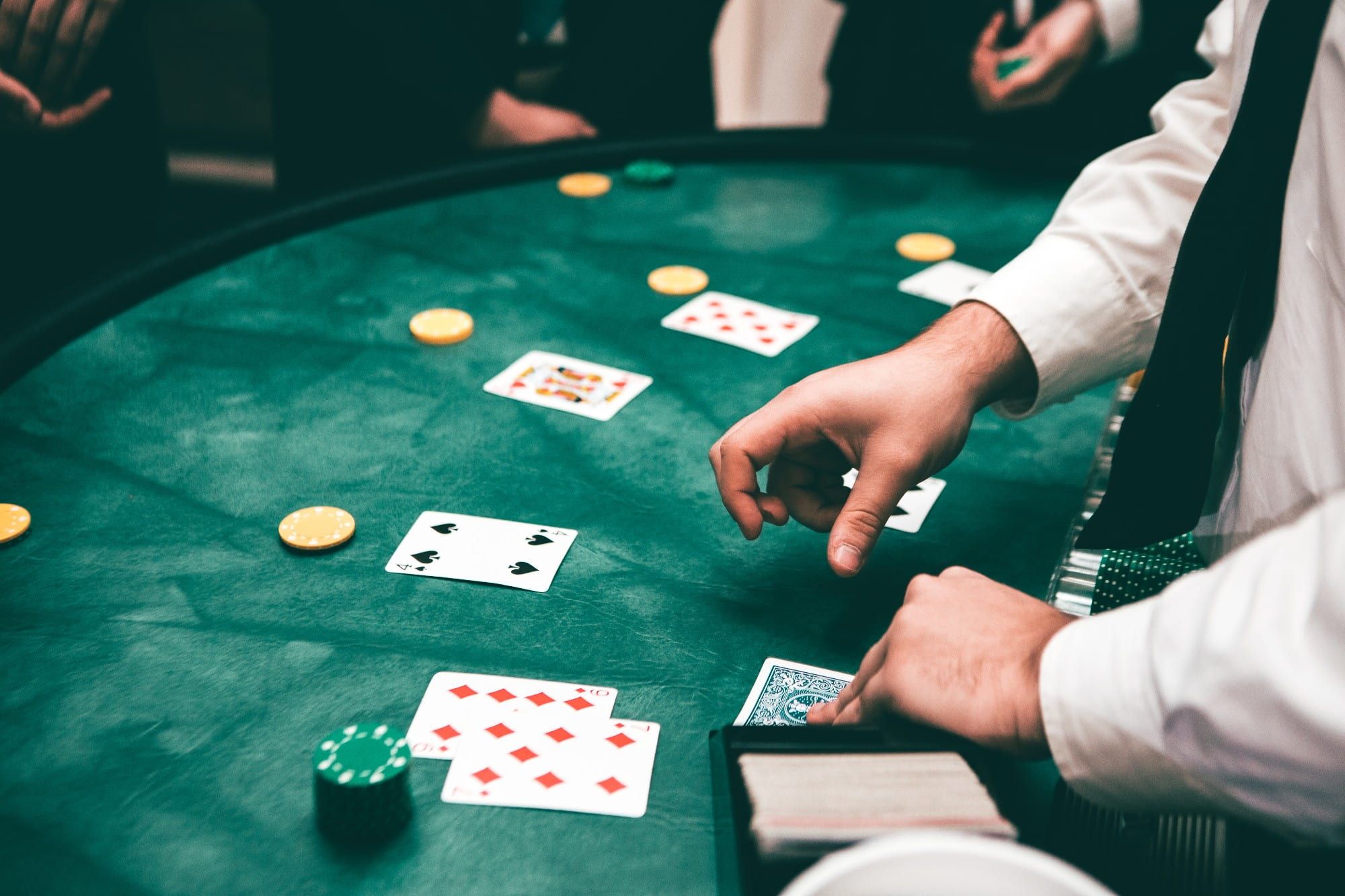When a loved one is struggling with a gambling addiction, it can be a difficult and heartbreaking situation for everyone involved. As a friend or family member, it is important to offer support and understanding to help your loved one overcome their addiction and get the help they need.
Understanding Gambling Addiction
Before you can effectively support your loved one, it is important to understand what gambling addiction is and how it impacts the individual. Gambling addiction, also known as compulsive gambling or gambling disorder, is a mental health condition that can have serious consequences on a person’s life. Individuals with a gambling addiction are unable to control their urge to gamble, even when it leads to negative consequences such as financial problems, strained relationships, and legal issues.
Signs of Gambling Addiction
Recognizing the signs of gambling addiction is essential in order to provide the right support to your loved one. Some common signs of gambling addiction include:
Increased secrecy about gambling activities
Borrowing money or selling belongings to finance gambling
Changes in behavior or mood swings related to gambling
Difficulty controlling or stopping gambling
How to Support Your Loved One
Supporting a loved one with a gambling addiction can be challenging, but there are several ways you can help them on their journey to recovery:
Start the Conversation
Open and honest communication is key when supporting someone with a gambling addiction. Encourage your loved one to talk about their feelings and struggles with gambling, and offer your support without judgment. Let them know that you are there to help them seek treatment and get the support they need.
Encourage Professional Help
Encourage your loved one to seek professional help for their gambling addiction. Therapy, support groups, and treatment programs can provide the necessary tools and resources to help them overcome their addiction. Offer to help them research treatment options and accompany them to appointments, if needed.
Set Boundaries
Setting boundaries with your loved one is important in order to protect yourself and maintain a healthy relationship. Establish clear boundaries around money, time spent gambling, and enabling behaviors. Let your loved one know that you will support them in their recovery, but that you will not enable their addiction.
Self-Care for You
Supporting a loved one with a gambling addiction can be emotionally draining, so it is important to prioritize self-care during this time. Make sure to take care of your own mental and physical well-being by talking to a therapist or counselor, practicing self-care activities, and leaning on your own support system for help.
Seek Support
Seeking support from other friends and family members who understand what you are going through can provide much-needed emotional support and guidance. Consider joining a support group for friends and family members of individuals with gambling addiction to share your experiences and learn from others.
Conclusion
Supporting a loved one with a gambling addiction can be a challenging and emotional experience, but with the right tools and resources, you can help them overcome their addiction and lead a healthier, more fulfilling life. By understanding their struggles, offering support and encouragement, and prioritizing your own self-care, you can be a valuable ally in their journey to recovery.
Remember, you are not alone in this journey, and there are resources available to help both you and your loved one through this difficult time.
Stay strong, stay supportive, and never give up on your loved one’s potential for a brighter future.


